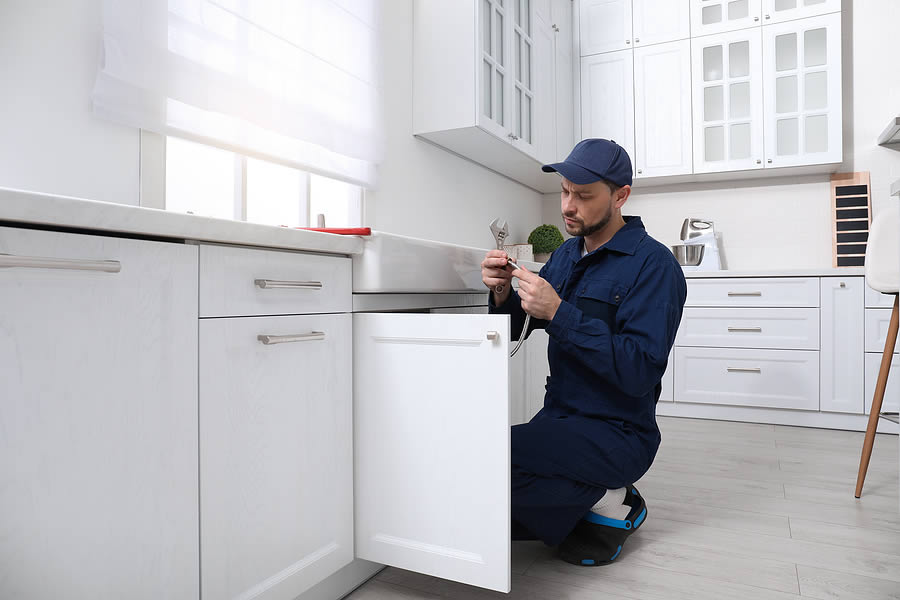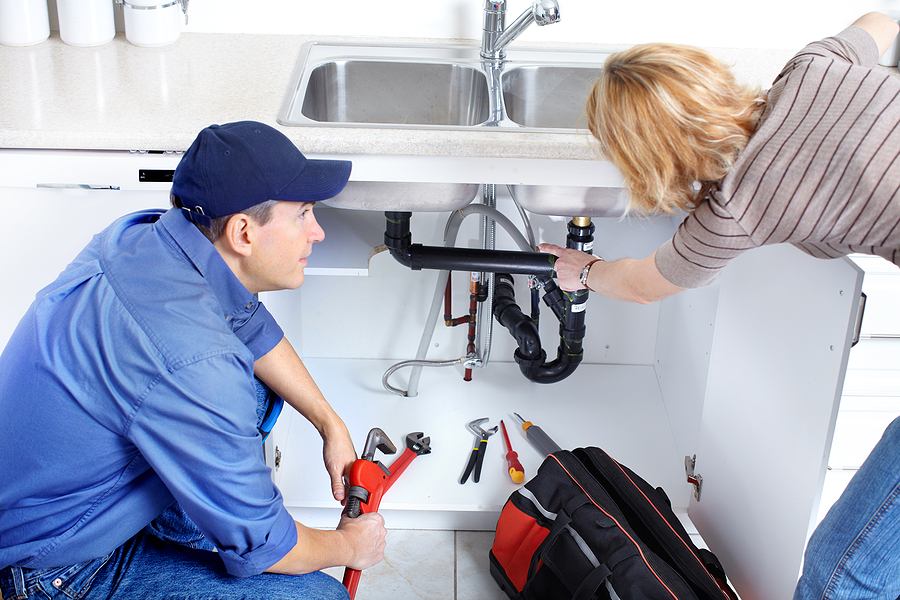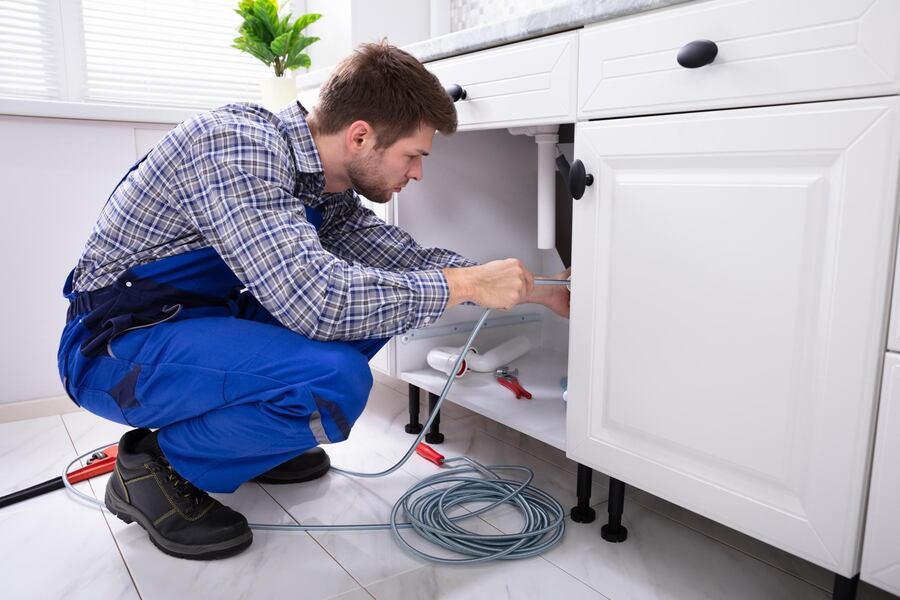Call us Now to Get $35 OFF
Call us Now to Get $35 OFF

If you’re standing in the shower or washing dishes and you notice the water isn’t draining as fast as it should, there’s a good chance you have a clog. Whether it’s a slow drain or a full backup, dealing with it can be frustrating, especially when DIY fixes don’t seem to help, and the problem keeps getting worse. At Economy Rooter, we’ve handled every kind of clog and drain issue, and there are ways to keep things flowing. Keep reading to find out how to prevent clogs, avoid common mistakes, and know when it’s time to call a professional.


Clogged drains are a hassle that no one wants to deal with. Thankfully, there are simple habits you can adopt to prevent those annoying blockages from happening in the first place. Here’s what you can do to keep your drains in good shape:

When your drain is clogged, your first instinct might be to tackle it yourself. And while that’s totally fine for small clogs, there are some common mistakes homeowners make that can actually make things worse. One of the biggest culprits is chemical drain cleaners. They’re convenient, but they can do more harm than good. These harsh chemicals eat away at the clog, but they can also erode your pipes over time, leading to leaks or the need for a full drain line replacement. Another mistake is overusing plungers. While plungers are great for smaller clogs, excessive plunging can sometimes push the blockage deeper into the pipes, making it harder to remove. Drain snakes, when used incorrectly, can also scratch and damage your pipes. If the clog isn’t budging with simple DIY methods, it’s probably time to call in the pros for a clogged drain repair in Pinellas County. You don’t want to risk causing further damage.
Routine drain cleaning can actually extend the life of your plumbing system. Over time, gunk and buildup can cause your pipes to narrow, leading to pressure and, eventually, leaks or bursts. But with regular cleanings, you’re ensuring that water can flow freely through your pipes, which reduces stress and wear. Keeping your drains clean will save you from future headaches like drain line installation or major pipe replacements. How often should you clean your drains? If you’re dealing with frequent clogs or if your home is older with aging pipes, it’s a good idea to schedule professional cleanings every 12 to 18 months. This helps catch issues early before they turn into more serious repairs or replacements.
We often get calls from people saying they’ve got a slow drain, but what does that really mean, and how is it different from a clog? A slow drain is typically caused by a partial blockage from hair or soap scum buildup. Water will still go down, but much slower than it should. While a slow drain might not seem like a big deal, it’s usually a sign of a bigger clog forming. If left untreated, that partial blockage will turn into a full clog sooner or later. A clog, on the other hand, is when water doesn’t drain at all, usually because the blockage is so large that nothing can get past it. At this point, you’ve likely already tried plunging and maybe even some drain cleaner. If the clog is still there, it’s time to call in the pros for clogged drain cleaning in Pinellas County.
Are you dealing with a slow drain or clog? Economy Rooter is here to help. Contact us today for a reliable clogged drain line repair, drain line replacement, or clogged drain repair in Pinellas County, Florida.